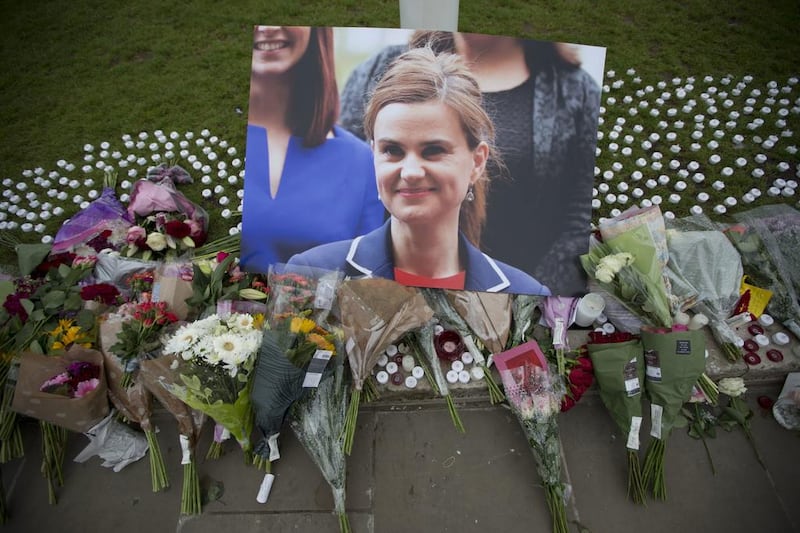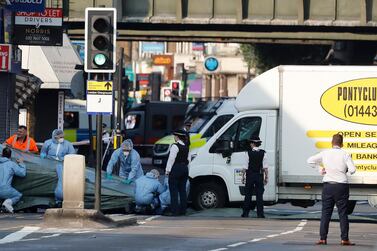A UK government programme that diverts vulnerable Britons from terrorism is dealing with more far-right sympathisers than religious extremists for the first time, official figures show.
Specialists for Channel, a voluntary programme of mentoring and education, worked with 561 people between 2018 and 2019. About 50 per cent of them were referred because of concerns of far-right extremism.
About 40 per cent of referrals were related to religious extremism, compared to 70 per cent only three years earlier, government statistics published on Thursday showed.
The figures are in line with police assessments that the fastest-growing threat from terrorism comes from the far right, which was the source of nearly a third of foiled plots since 2017.
Far-right extremists were convicted of the murders of a member of Parliament in 2016 and a man who was knocked down by a van outside a mosque in London a year later.
Religious extremists killed 37 people in the UK by during the same period.
The Channel programme is part of the UK’s counter-terrorism strategy founded in 2003 but expanded after the July 7, 2005 attacks on the London transport network, in which 52 people were killed.
The counter-radicalisation strategy, known as Prevent, is being reviewed because of complaints from some critics that it unfairly targets Muslims and questions about its effectiveness to divert potential terrorists from carrying out attacks.
Channel, which deals with those seen to pose the greatest risk to the UK, has dealt with more than 1,000 people since 2012, with most of them connected to religious extremism, government statistics show.
Prof Paul Thomas, an expert in Prevent at the University of Huddersfield, said the shift to right-wing referrals helped the government’s case that the strategy was not biased against British Muslims.
But Muslims remained a disproportionately large number of referrals to the broader Prevent programme.
Critics took it as evidence that Prevent was “an overtly Muslim-focused programme or reflects the realities of the last few years and the impact of Syria” and ISIS, Prof Thomas said.
The UK’s de-radicalisation strategy has come under further scrutiny after the murders of two people in London last month by Usman Khan, an extremist who was released from jail.
Khan appears to have duped authorities into thinking he was reformed and was at a conference on rehabilitation when he carried out a knife attack before being shot dead by police.
UK legislation requires officials in schools, universities, councils and hospitals to flag up concerns about suspected radicalisation, with those posing the most serious threats of violence referred to the Channel programme.








